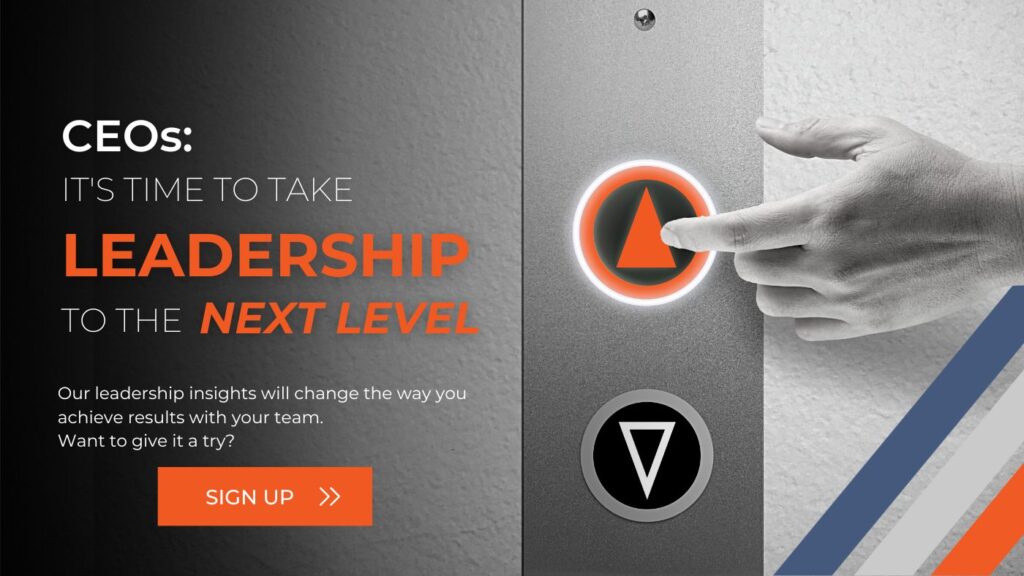BIG IDEA:
Theory X and Theory Y demonstrate how managers’ assumptions about human nature shape the way they treat their employees.
The world of work was wildly different in the 1960s than it is today. But some things never change. I believe that a 1960s management theory goes a long way to explaining the tension that many workplaces are experiencing right now around remote work and the return to the office.
Social psychologist Douglas McGregor coined the terms “Theory X” and “Theory Y” to describe two distinct management styles that he believed were driven by strikingly different assumptions about human nature and why people work. Basically, Theory X managers believe that people don’t want to work, don’t enjoy working, and are only motivated by money. Theory Y managers, on the other hand, are more optimistic. They assume that people are motivated to do a good job because they derive a sense of satisfaction from their work.
Think about these two approaches for a minute, and you’ll start to see how they tend to play out in the day-to-day work environment. Theory X managers are more likely to micromanage because they don’t trust their people to get the job done unless they’re closely supervised. If you believe that people don’t like working and wouldn’t do it if they didn’t have to, you’ll assume that they’ll start slacking off the second your back is turned.
If, on the other hand, you believe that people take pride in their work, enjoy a challenge, and will be accountable for their performance, you’ll be more likely to have a more hands-off or collaborative management style. You’ll trust people to do what needs to be done without a lot of close supervision, and you’ll expect them to take initiative and come up with creative solutions simply because they want the team to do well.
WHY IT MATTERS:
If you don’t trust your employees, you’ll struggle to cope with remote work.
So why is this decades-old theory relevant today? I believe that many leaders who are insisting that workers must physically be in the office are revealing their pessimistic view of human nature. I think they’re revealing that they don’t trust their employees to be productive without direct supervision—they’re Theory X leaders, and it shows.
Unfortunately, it seems like there are a lot of Theory X leaders out there. One survey of European executives found that 88% of them disagreed with the statement that remote work is at least as productive as being in the office, if not more so. Meanwhile, only 40% of these executives said that being in the office was key to creating their corporate culture.
That’s incredibly revealing. Executives may talk about how they want people to come back to the office so they can collaborate, or celebrate birthdays together, or develop a cohesive corporate culture. But when it comes down to it, many simply don’t believe their employees are working as hard at home. This despite the fact that studies conducted during the pandemic, when remote work was new and people were under enormous stress, found that people were just as productive at home, if not more productive.
Ultimately, if leaders don’t trust their employees—if they have a Theory X view that people are unmotivated slackers at heart—they won’t trust remote work, no matter what the evidence actually shows.
THE RISK:
Employees want flexible schedules. Rigid, micro-managing attitudes could drive people away.
The bottom line is that employees want flexible schedules. Surveys show that about half of all employees want to work from home at least some of the time. And about half of all employees also say they’d look for other work if they were forced to return to the office full time. It’s also worth noting that, right now, 66% of all employees and 82% of people of color are worried about returning to work.
Employers who are too rigid about forcing people back to the office could lose out on some of their best employees. In particular, an insistence on face time over flexibility could have a serious impact on diversity. Communities of color have been hit especially hard by the pandemic, and people of color are understandably concerned about the consequences of going back to in-person work too soon. The other harsh truth is that many people of color found that remote work shielded them from the casual racism they experienced in an office setting, and they’re not eager to go back to workplaces where they feel excluded or judged. Forcing people back to the office full-time could also exclude women, particularly mothers, at a time when almost 3 million women have already left the workforce.
WHAT TO PAY ATTENTION TO:
Examine your assumptions about what your employees do when you’re not watching.
As a leader, it’s time to check your assumptions about your employees. Think about how you’ve handled remote work through the pandemic. Here are a few questions to guide your reflection:
- Have you created new reporting systems to check up on your employees’ work more often while you’re all working from home?
- If a team member doesn’t respond quickly to an email during the work day, would you assume they’re focused on work, or slacking off?
- Would you reprimand a team member who went for a hike during the work day if you knew that they were meeting all their goals?
- As a leader, have you felt cut off from your ability to do your job during the pandemic?
If you answered yes to any of these questions, it’s time to question some of your assumptions. The core work of leadership—setting clear expectations and holding people accountable for meeting them—can be done remotely.
As a leader, if you need to have eyes on your people to reassure yourself that they’re being productive, you need to work on cultivating more trust. Ultimately, if you don’t trust someone to do their best work because they want the team to succeed, why are they on your team in the first place?
Are you a Theory X or Theory Y leader?
Gut Check for Leaders
Read more:
- Leaders are at a fork in the road
- Are you leading effectively in a virtual world?
- A Mid-Year Gut Check on Team Performance and Accountability
More Leadership Resources
We have many resources to help you become the most accountable leader you be, develop accountable leaders on your team, and scale leadership accountability across your organization.
Signup for our monthly newsletter with the latest Gut Check for Leaders, Lead the Future Podcast, and other important leadership accountability news.
Also, you can RSVP for our upcoming webinar, join our online community of accountable leaders, or buy Dr. Molinaro’s, latest book, Accountable Leaders, on Amazon.





